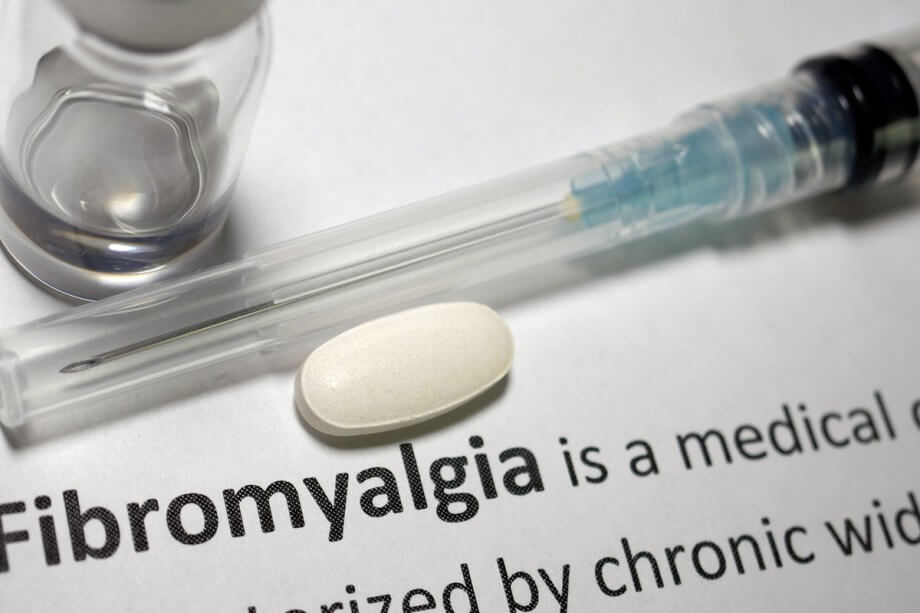Fibromyalgia can be a frustrating health condition to accurately diagnose. Unfortunately, once diagnosed it can also take time to find the proper combination of treatments that help reduce symptoms of this challenging, and painful condition. If you are experiencing certain symptoms, and various testing has eliminated other health conditions, you may receive a diagnosis of fibromyalgia.
Symptoms of Fibromyalgia
Experts still can’t pinpoint exactly what causes fibromyalgia. However, research suggests that fibromyalgia may be genetic. Genetic mutations passed down through families appear to alter the way those diagnosed with fibromyalgia experience pain. As such, there is likely both a neurological and physical component to this perplexing health condition.
Other risk factors for developing fibromyalgia include age, as it is most often diagnosed in those over the age of 40. Biological females are also roughly twice as likely to be diagnosed with fibromyalgia than biological males. Those with a history of chronic illnesses, ranging from arthritis and back pain to gastrointestinal disorders such as IBS, to depression and anxiety disorders may also be more likely to be diagnosed with fibromyalgia.
Symptoms of fibromyalgia vary widely, and it’s uncommon for two people to experience the same symptoms in the same order. Some of the many symptoms of fibromyalgia include:
- Muscle tenderness and pain with no known cause
- Chronic fatigue
- Digestive problems (diarrhea, constipation)
- Bladder control problems
- Headaches or migraines
- Facial and jaw pain, including TMJ disorders
- Anxiety and depression
- Insomnia
- Memory problems (called brain fog or “fibro brain”)
Although fibromyalgia symptoms tend to go through phases of flare-ups and remission, like autoimmune diseases, it is not classified as an autoimmune disease. Instead, it is classified as a chronic disorder or a multifactorial syndrome.
Fibromyalgia Tests
There is no single test for fibromyalgia. Instead, you’ll only know if you have fibromyalgia through what’s called a differential diagnosis. This means that it will be diagnosed through a process of elimination. Your physician will rule out other possible causes of your pain and fatigue to arrive at a diagnosis of fibromyalgia. Blood tests, imaging tests, and even sleep studies may be conducted to rule out other health conditions.
Treating Fibromyalgia: What to Know
Once you’ve been diagnosed with fibromyalgia, your pain management specialist is likely to prescribe a combination of pain management treatments, to evaluate effectiveness. For example, you may be prescribed medications ranging from muscle relaxants to pain medication, sleep medication, or even antidepressants to mitigate symptoms.
You may be referred for physical therapy, occupational therapy, or massage therapy to strategically manipulate muscles, improve flexibility, and improve circulation.
Nerve block injections may be recommended to minimize acute pain in specific areas of the body. In some cases, mindful meditation and other stress-management exercises may be prescribed. Other treatments may include radiofrequency, or alternative treatments such as acupuncture.
Your pain management specialist will evaluate your responses to various treatments, discontinuing those that do not provide symptom relief, and continuing to explore other options to find the most effective treatments.
Frequently Asked Questions about Fibromyalgia
Is there a cure for fibromyalgia?
There is currently no cure for fibromyalgia. However, with proper treatment, the condition can be successfully managed by mitigating symptoms and improving your quality of life.
How can I reduce the painful symptoms of fibromyalgia at home?
Patients play an integral role in the management of fibromyalgia, and there are many ways those diagnosed with fibromyalgia can help reduce symptoms of the condition. Regular exercise, stretching, maintaining a healthy weight, getting plenty of sleep, and eating a nutritious, balanced diet can help manage pain. Limiting alcohol and caffeine may help. You should not smoke, vape, or use any form of smokeless tobacco. Deep breathing, yoga, and other stress management techniques may also help.
Pain Management for Fibromyalgia in Portsmouth, NH
If you’ve been referred for pain management after receiving a diagnosis of fibromyalgia, the American Pain Institute can help. Dr. Joshua Greenspan is a highly experienced and compassionate pain management specialist helping those with all types of chronic pain improve their quality of life through effective pain management treatments and therapies. To book an appointment or to refer a patient to the American Pain Institute, call 603-766-8500 .

